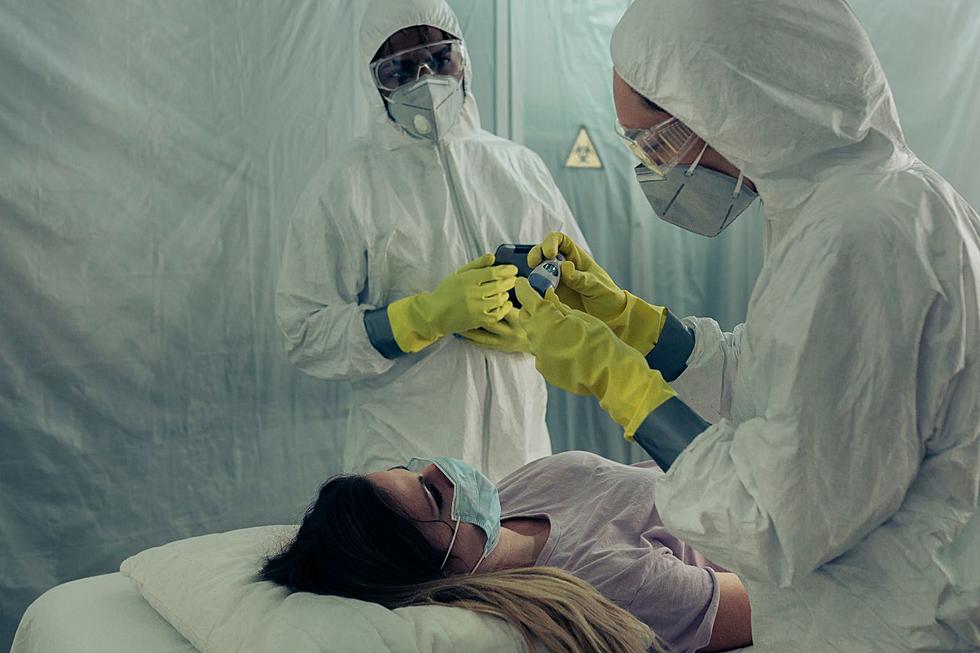
Pandemic 20 Times Worse Than COVID May Impact Idaho
Have you heard about this thing called "Disease X"? It may sound like something out of a sci-fi movie, but it's a term coined by the World Health Organization (WHO). It represents an unknown pathogen that could cause a future epidemic. I hear you asking, "What's this got to do with us in Idaho?" Let's dive into it.
Think back to how COVID-19 impacted Idaho. Remember those days when our hospitals were stretched thin, and we had to adapt to new ways of life practically overnight? We learned quickly that diseases don't respect state lines. They can and do affect us all, no matter where we call home.
Here's what the description of the event said.
With fresh warnings from the World Health Organization that an unknown ‘Disease X’ could result in 20 times more fatalities than the coronavirus pandemic, what novel efforts are needed to prepare healthcare systems for the multiple challenges ahead?”
So, imagine if we could be prepared for a disease before it even arrives. That's what the concept of "Disease X" is all about. It's the WHO's way of staying one step ahead of the game. They're working to fast-track the development of tests, vaccines, and medicines for new diseases – even ones we don't know about yet.
If another pandemic hits, being prepared could make all the difference for us here in Idaho. It could mean fewer lives lost, less strain on our healthcare workers, and maybe a little less disruption to our daily lives.
Now, don't get me wrong. There's no need to panic or start hoarding toilet paper again! "Disease X" isn't an actual disease. It's a strategy for preparedness. And knowing that intelligent minds are planning ahead for these things? (Or so we hope.)
Bizarre New Symptoms To Watch For as COVID Cases Rise
Gallery Credit: Credit: Mateo, 103.5 KISS FM
Why The New COVID Variant Isn't A Threat To Idaho
Gallery Credit: Chris Cardenas
